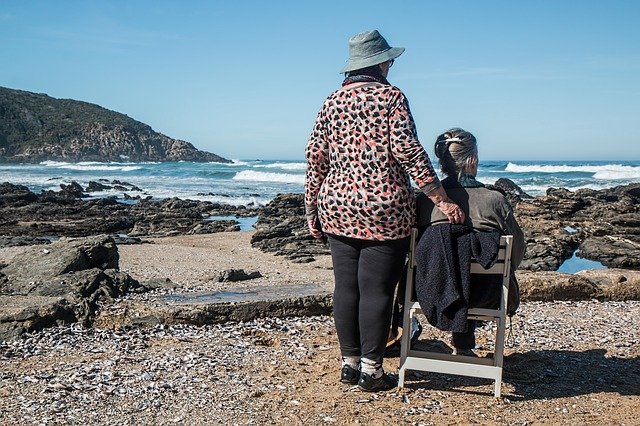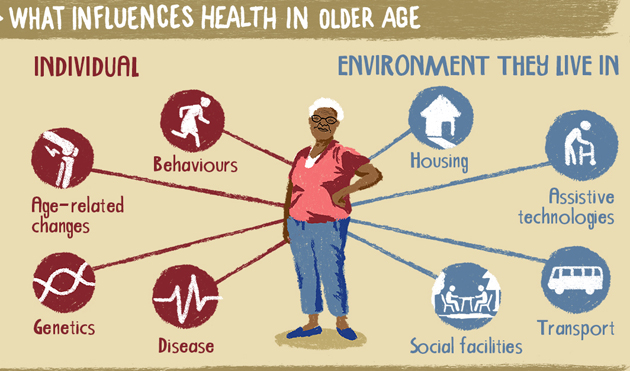
If you're a caregiver, you may wonder how to avoid the stigma of nursing homes for the elderly. This article will discuss the regulations, staffing, and financial help available. You may be able to find alternatives to nursing homes. Make sure you read the regulations thoroughly and ask any questions of staff if you're thinking about moving your parent into nursing home. It may also be worth looking into moving in together with your adult children.
Alternatives for nursing homes
Although 70 percent of American adults will eventually require long-term care in a nursing home, many seniors would rather stay in their own home or community. Moreover, many families are looking for alternatives to nursing homes as they offer greater independence than traditional senior care facilities. There are many choices for nursing home options today. The following is a list of the most popular options. They can vary in their price ranges, the level of care they provide, and the services they offer.
Medicaid-funded assisted living is another option to nursing homes. Assisted living facilities offer community-based housing and limited medical care. Assistive living facilities provide assistance to residents in their daily activities such as meal preparation and reminders for medication. Some programs provide 24 hour assistance. Medicare-funded assisted living allows residents to remain in their home but offers more flexibility. It may also be possible to use an individual emergency response system to notify caregivers when a resident requires medical assistance.

Regulations
Both the federal and state governments have regulations regarding nursing homes. CMS requirements must be adhered to in these regulations. CMS requires that nursing homes have at least two nurses per shift and a minimum number resident beds. When admitting new residents, they must follow certain procedures. Annual re-assessments are also required. While residents have the right of refusing medication, nursing homes should respect their wishes.
New standards were announced by the government in order to improve the safety and quality at nursing homes. These new rules will be used to protect vulnerable residents as well as punish those who are not acting in a responsible manner. The Administration is committed towards protecting vulnerable residents, and protecting the health-care heroes. They also want seniors and disabled people to be respected. The regulations are a significant step toward this goal. This new regulation will ensure residents' safety and ensure high-quality healthcare.
Staffing
Many providers find it difficult to hire staff. However, some are asking employees to work extra hours or shifts to make ends satisfy. Diondre Clegge, a nursing assistant certified, cares for 20 or so residents during one shift in Charlotte. These difficulties are due to the shortage of staff in nursing home. Fortunately, certain states have set minimum staffing levels for nursing homes.
The committee examined the requirements of statutes, data from site visits and public testimony. It also reviewed extensive research literature. It deliberated on these issues for hours. It is vital to the health and well being of our aging population that nursing homes have adequate staffing. These new rules can only be made effective if the nursing homes have sufficient staffing. But how can we be sure to make the most of what we have?

Financial assistance
Medicaid might be available to pay for the cost of a nursing home stay. Medicaid does not cover nursing home care for those with low income. Long-term care insurance might also be available to help cover nursing home costs. The cost of skilled nursing care can exceed $200 per day. Medicaid can be used to pay for a nursing facility stay for residents who are either low-income or not insured. There are many resources that can help residents if Medicaid is not available.
Medicaid is a federal program that provides nursing home care to the elderly who are not able to care for themselves. According to the program's guidelines, the individual must be unable or unwilling to care for himself at home. The person must meet financial requirements to be eligible for Medicaid. These include age and marital status. The nursing home must accept Medicaid coverage after it pays for the care.